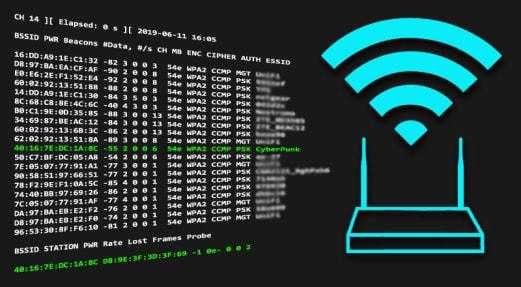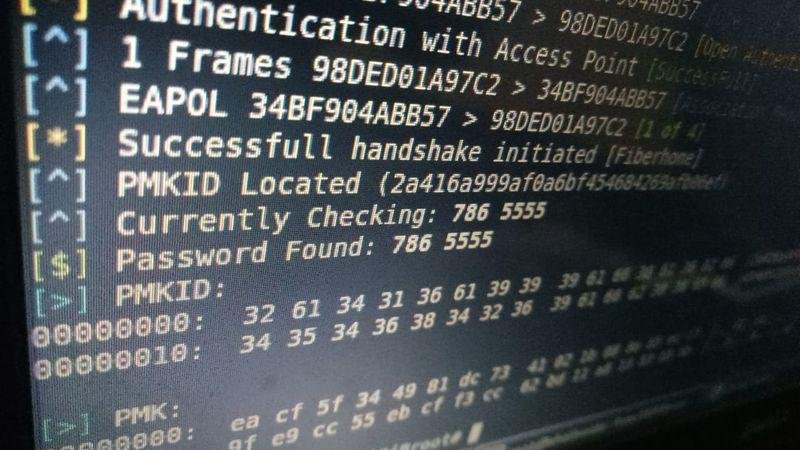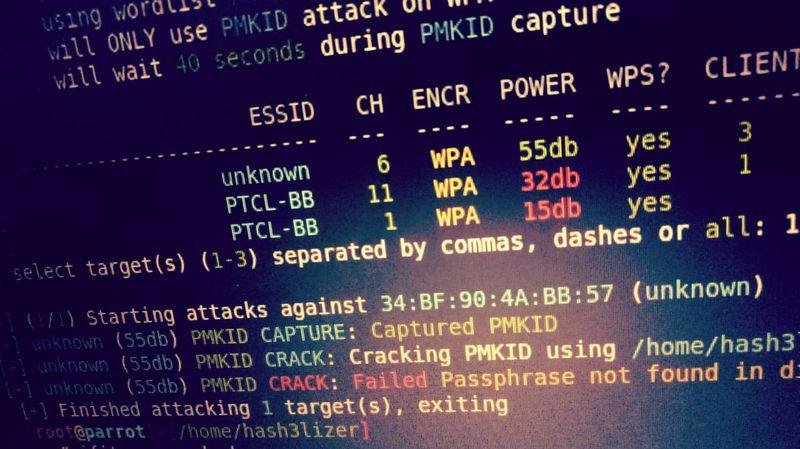Wifite is designed for penetration testing Linux distributions such as Kali Linux, Pentoo, BackBox. The program also seems to work with Ubuntu, Debian and Fedora.

Wifite must be running as root. This is required by the suite of programs it uses. I suggest using Live Linux with Kali Linux bootable, a bootable USB stick or a virtual machine. Note that virtual machines cannot be directly accessed material, is therefore required wireless USB dongle.
Wifite assumes you have one wireless card and the appropriate drivers for injection and monitor mode.

Installation instructions
To download and run wifite, run the following commands in your terminal:
wget https://raw.github.com/derv82/wifite/master/wifite.py
chmod + x wifite.py
./wifite.py
Required programs
- Python 2.7.x. Wifite is a Python script, so it needs Python to run.
- aircrack-ng suite. We definitely need it. The special programs used in the suite are the following:
- airmon-ng,
- airodump-ng,
- aireplay-ng,
- packetforge-ng, and
- aircrack-ng.
- Standard linux programs:
- iwconfig, ifconfig, which, iw

Suggested programs
*Reaver, is a Wifi-Protected Setup (WPS) attack tool. Reaver includes a "walsh" (or "wash") scanner to detect access points with WPS enabled. Wifite uses Reaver to scan and attack WPS-enabled routers.
*pyrite, a GPU cracker for WPA-PSK keys. Wifite uses pyrit (if found) to detect handshakes. In the future, Wifite will be able to include a selection of multiple WPA handshakes via pyrit.
Shark, comes with the Wireshark, a packet sniffing program.
cowpatty, a WPA PSK key cracker. Wifite uses cowpatty (if found) to detect handshakes.





